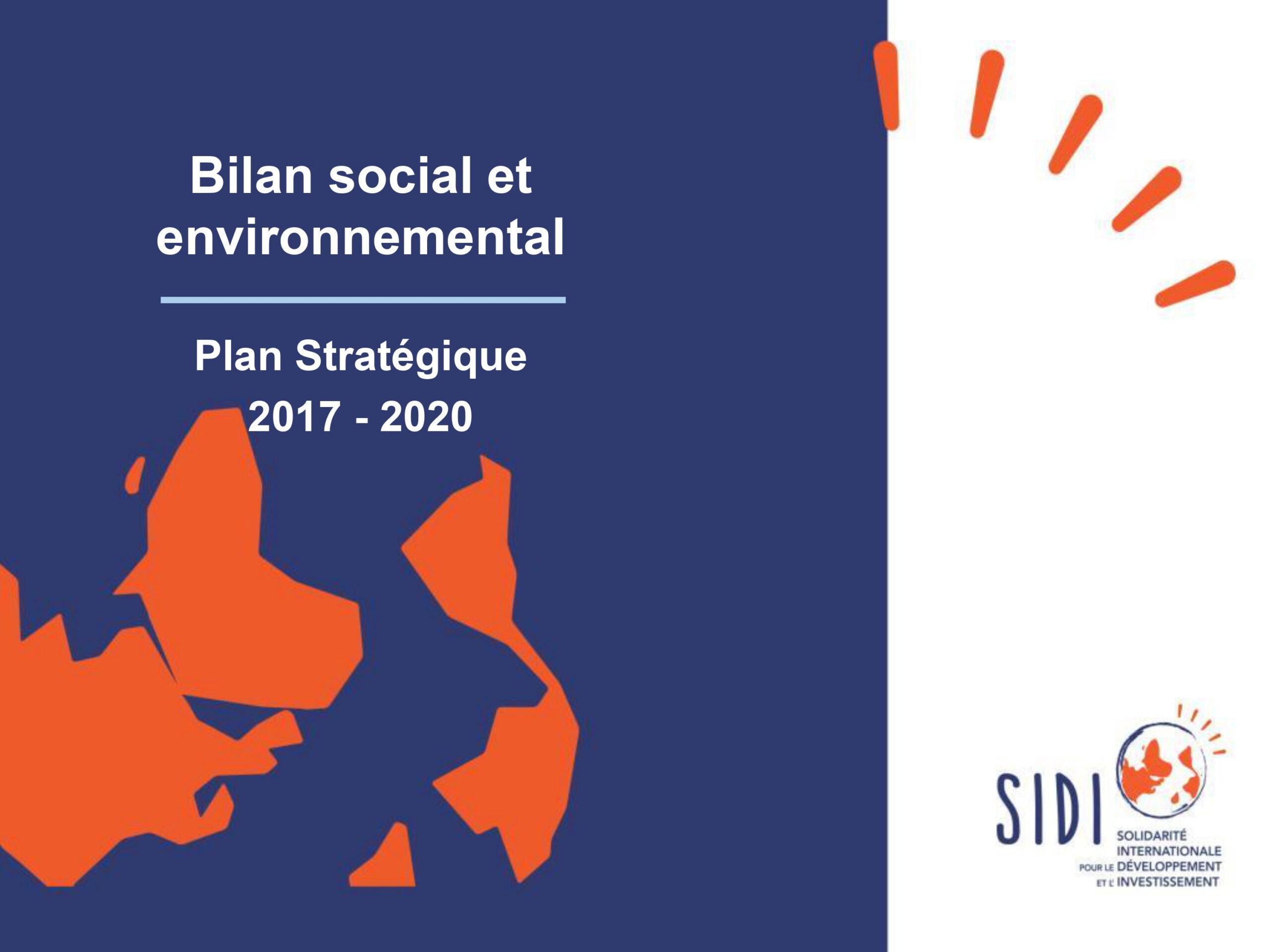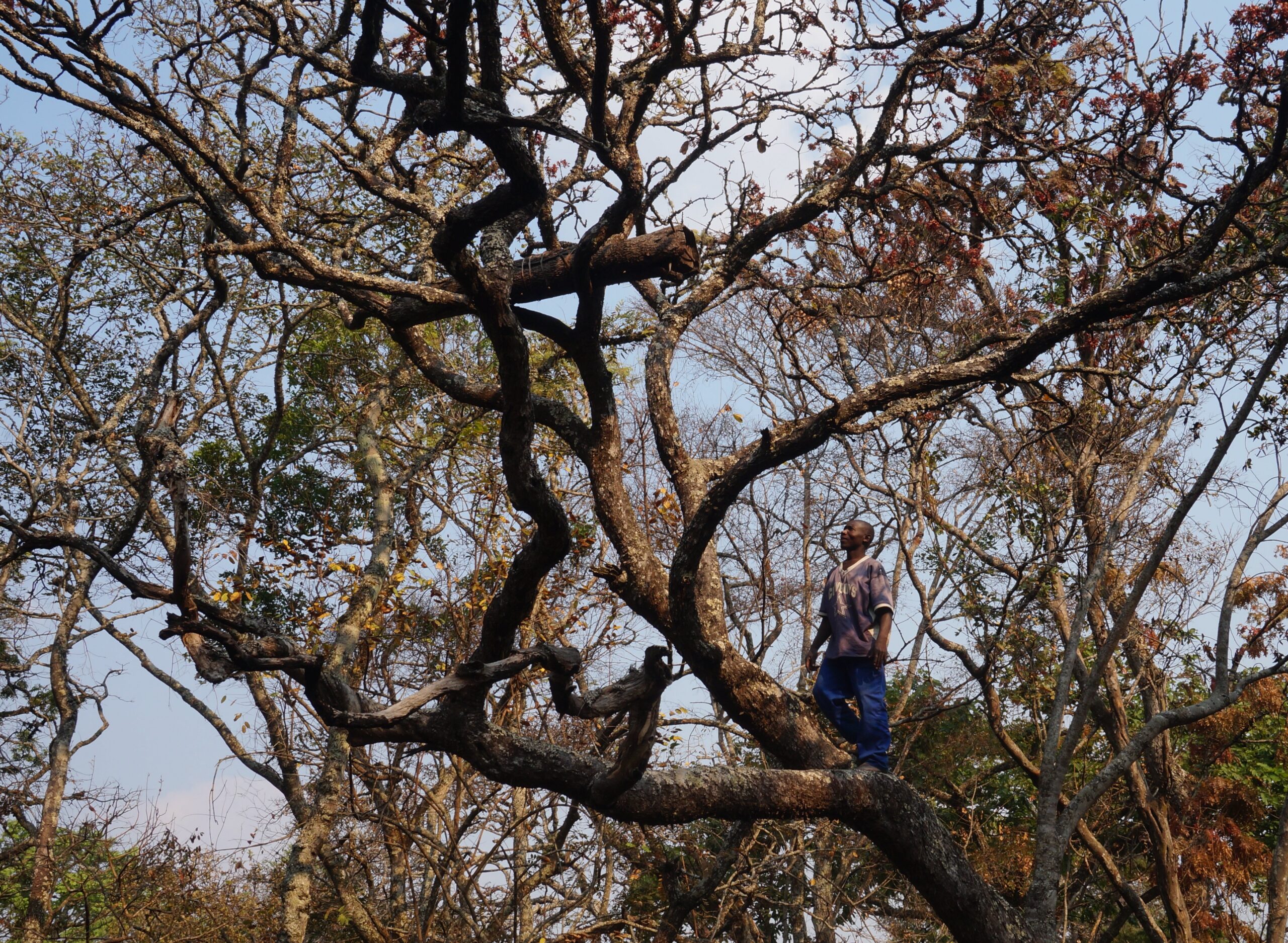[chapeau] Despite the health situation and the temporary suspension of field trips, SIDI is continuing its activities and, at the end of the year, opened a new partnership in Zambia with a company that processes and markets honey products. For SIDI, this is both an opening to a new country of intervention, and a major first in terms of support for the beekeeping sector.[/chapeau]
Since 1998, Forest Fruits has been collecting, processing and marketing beekeeping products for local and international markets. It buys raw honey produced by certified organic (Ecocert) Zambian beekeepers at a remunerative price, and processes it at its Mwinilunga factory. The social enterprise then transports the production to its packaging plant in Lusaka, where the finished product is exported to the sub-region (Zambia, Botswana and South Africa) and abroad. In addition to marketing forest honey for direct consumption, Forest Fruits is developing several types of processed honey-based products (beeswax flakes, candles, honey mustard, etc.). In recent years, thanks to technical support from FEFISOL[1], the company has developed the production of honey vinegar by fermenting lower-quality honey.
Most of the company’s business and its supplier beekeepers are located around the Mwinilunga district. In this isolated region with little economic dynamism, beekeeping is traditionally practiced and represents a considerable source of income for families. Thanks to Forest Fruits, producers benefit from higher remuneration and training to improve the quality of their honey and diversify their agricultural production (trials underway for tea tree production, for example). To develop the region, the company, which currently employs 63 people, also favors local recruitment, and training to enable its employees to upgrade their skills.
Forest Fruits’ business is directly linked to the bees’ honey production periods. Harvesting is spread over two periods of the year, depending on the flowering cycle of the Zambian forests in which the honey is harvested. In such periods, the company needs working capital to enable it to pay producers in cash. FEFISOL has been funding Forest Fruits campaigns since 2014, but this year the fund, which is in transition, was unable to commit to funding for 2021. SIDI has therefore decided to step in and support the next honey campaign by granting a line of credit of $750,000 over 12 months. This loan, backed by several regional and international buyers, will enable the company to purchase 600 tonnes of raw honey at a remunerative price for beekeepers as soon as the harvest is complete.
Despite the current context, SIDI continues to innovate by opening this partnership with Forest Fruits, to contribute to the economic, social and environmental development of a remote region of Zambia.
To find out more about the Forest Fruits social enterprise: https: //www.zambezigold.com/
[1 ] European Solidarity Fund for Africa, managed by SIDI.



